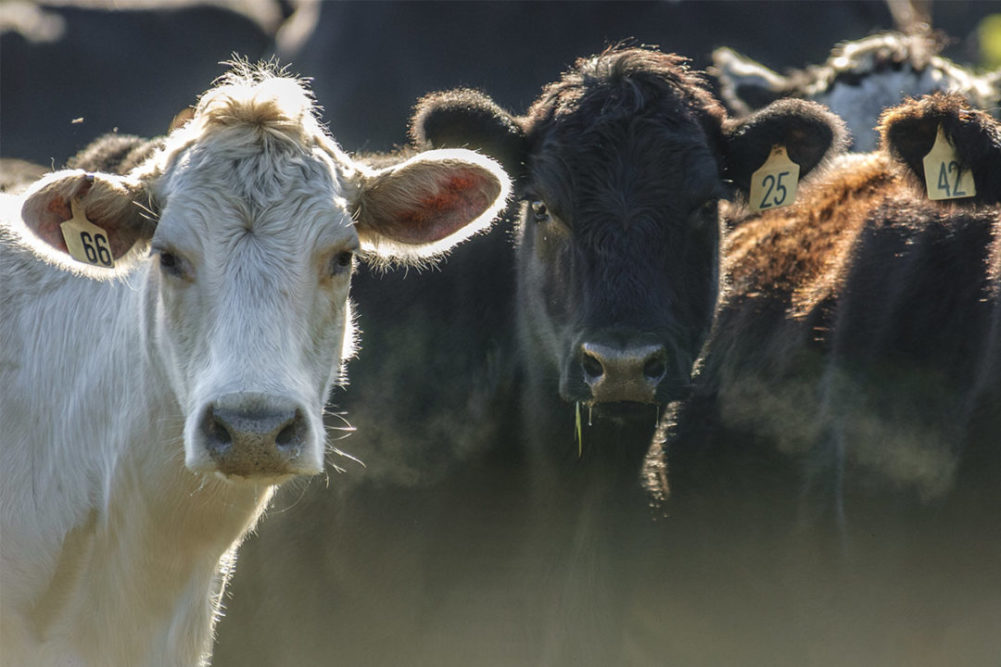WASHINGTON – The American Farm Bureau Federation (AFBF) recently published findings after investigating cattle market volatility in recent years. The report came after a two-month probe by The Cattle Market Working Group, which is comprised of 10 state farm bureau presidents.
Significant findings from the group included the Tyson Foods’ Holcomb, Kan., beef processing plant fire in 2019 and the ongoing COVID-19 pandemic. The working group also included input from government and university experts.
“Our cattle producers suffered a one-two punch with the fallout from the Holcomb fire and the COVID-19 pandemic,” said Zippy Duvall, president of AFBF. “The prices families were paying at the grocery store went up, but the prices paid to farmers dropped through the floor. That’s not fair to consumers or producers. We must work toward a more stable, resilient food supply chain that can better endure unforeseen challenges so we can keep America’s pantry stocked while ensuring farmers are paid a fair price for their products.”
AFBF also said the report is designed to equip state and county Farm Bureau organizations with deep insights and policy considerations as leader debate policy implications for 2021.
The federation listed mandatory minimum negotiated trade as a major factor for the next year. The group discussed “triggered”-style mandatory minimum pricing that is set on a region-by-region basis. Fluctuating and various levels would be determined regionally, including input from state Farm Bureau members.
Next, AFBF looked at risk management and education. The working group took into account working with the Chicago Mercantile Exchange to better address concerns from smaller producers. Additionally, it wanted to supplement existing risk management tools, such as Livestock Risk Protection crop insurance that could be adjusted to more reasonable amounts for smaller producers.
The Cattle Market Working Group also discussed policy solutions that would allow smaller meat packing facilities to play a larger role in the food supply chain and create incentives for smaller packing plants to become federally inspected.
Finally, the AFBF extended support to strengthen the Grain Inspection, Packers and Stockyards Administration’s (GIPSA) ability to enforce market rules.


